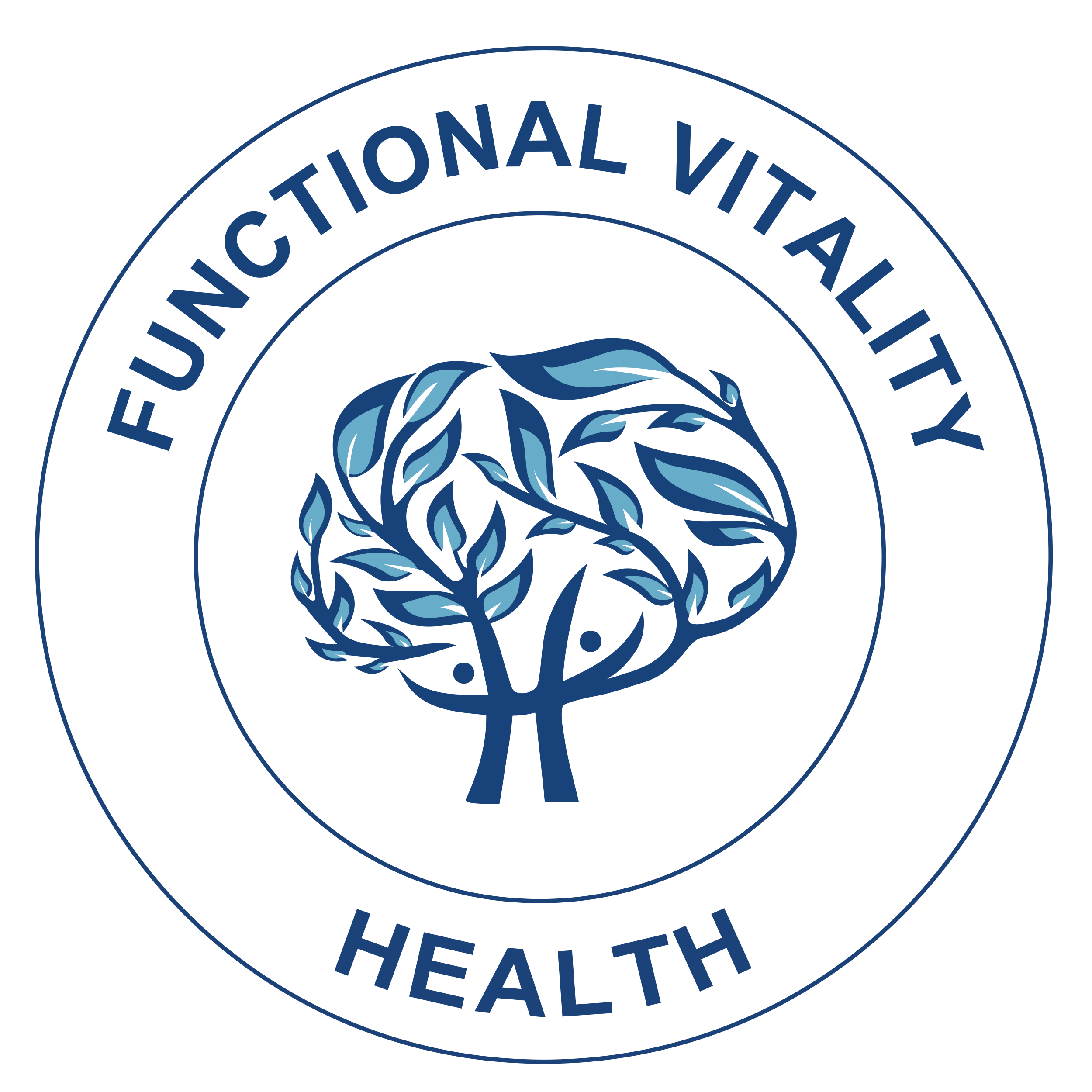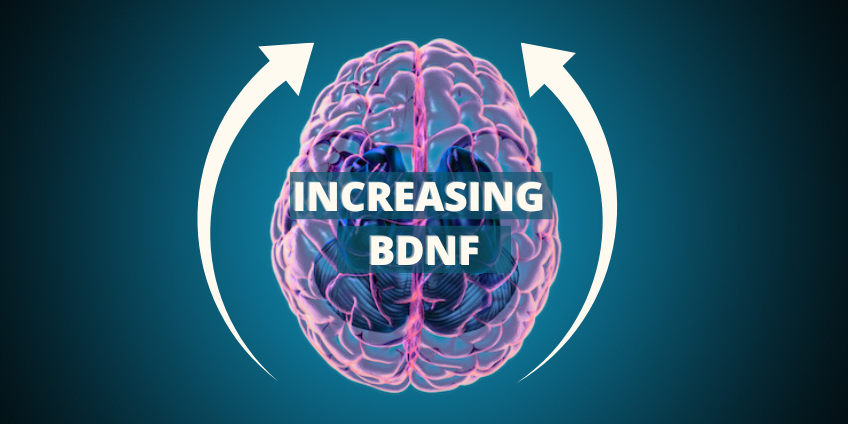This is a long chain protein called brain-derived neurotrophic factor (#BDNF). BDNF stimulates the production of new brain cells and supports existing synaptic connections, essential for learning and long-term memory storage. They are like aftercare for your brain, helping your neurons heal and form new connections despite what they experience from the daily grind of life. It eases depression, boosts weight loss, and protects against neurodegenerative diseases. As you get older, your levels of BDNF naturally start to fall.
Following are everyday ways to increase your BDNF:
- Exercise: Regular aerobic exercise like high-intensity interval training (HIIT) is helpful in many ways as it provides a constant and sustained level of cerebral blood flow and upregulates BDNF (and, of course, contributes to insulin sensitivity to improving blood vessel status).
- Diet: Clean Keto/ketosis, which is a natural process by which your liver produces ketone bodies by breaking down fat, provides excellent fuel for cognition and increases the production of BDNF. It’s also important to maintain adequate levels of omega-3 fatty acids (both EPA and DHA), which provide powerful neuroprotection. If you’re not interested in a Keto approach, then I would suggest focusing on high protein, high vegetables/plant fibre, healthy fats (eg. avocado, quality olive oils etc) and reducing the consumption of processed foods.
- Control stress: find moments of quiet prayer, breathing (there are various methods), meditation or even HeartMath (which I am certified to train you on).Get plenty of sleep, deep sleep being critical: 30% of our sleep should be deep, and most of us are not getting enough. I track my sleep through the Oura ring and help many of my clients monitor their deep sleep. When you’re stressed, your need for more sleep may be higher to protect BDNF levels.
- Sunlight: get outside for sun on your skin (20 mins per day) and fresh air to boost BDNF levels. Keep in mind air quality. Perhaps choose the time of day when outdoor pollution levels are the lowest.
- Stay socially connected: social isolation and loneliness raise the risk of depression, substance abuse and other mental health issues. They also appear to lower your BDNF levels. Try to maintain solid levels of social connections with family and friends.
- Enjoy coffee: plants that are rich in polyphenols and other antioxidants are beneficial for your BDNF, like the Coffee arabica plant. The coffee bean is rich in chlorogenic acid, caffeic acid, and caffeine, all of which may increase BDNF expression. If you want to get more from your coffee, you have to make my Bulletproof Latte!

